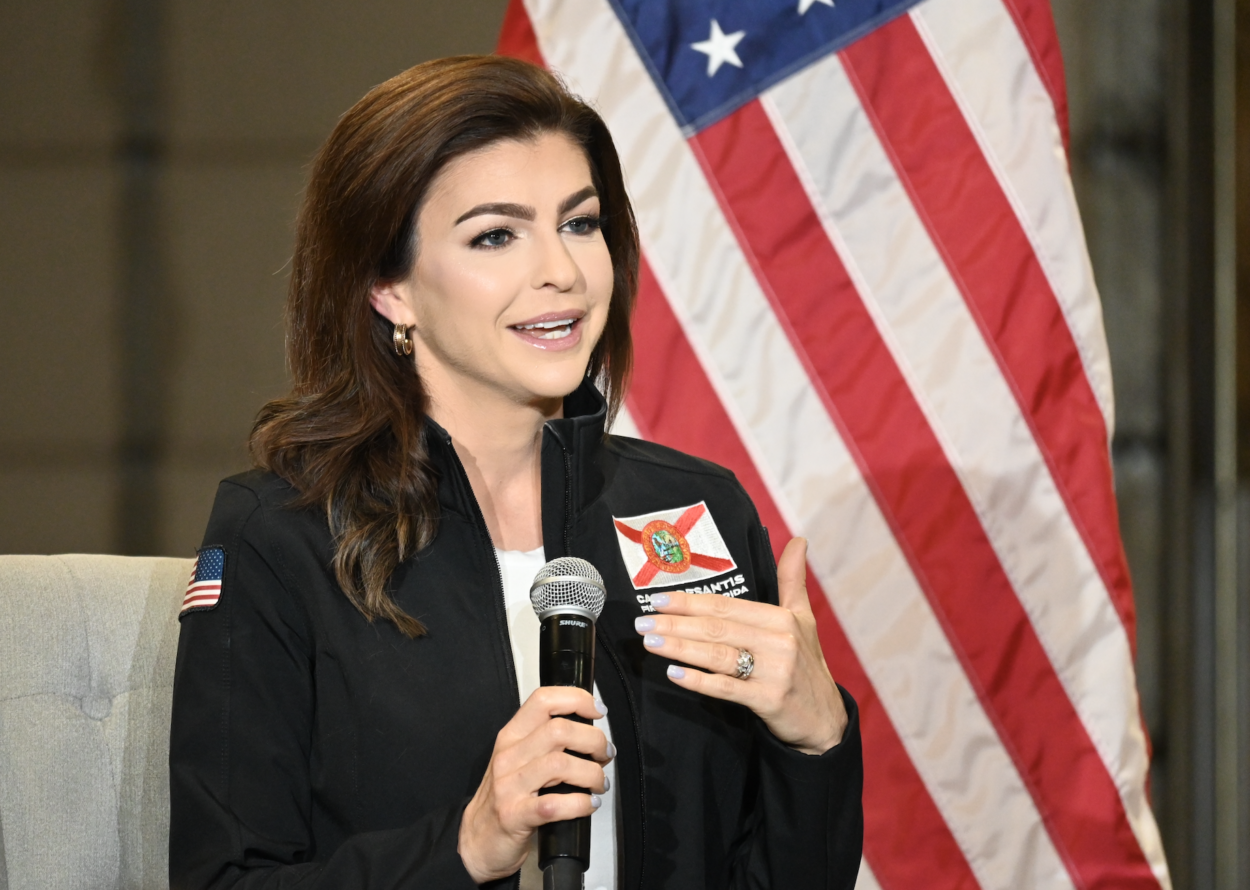The nation of Cameroon recently held municipal and parliamentary elections for the first time in almost a decade and featured some 30 or more political parties vying for 360 municipal seats, including councils of the capital Yaounde and the economic center Douala. Almost 6 million Cameroonians were invited to visit one of 24,988 polling stations.
Last December, Cameroon’s parliament voted to give local mayors more governing control—a step the government hopes will bring peace to the conflict-ridden country, and help draw attention away from the 2018 presidential election cycle.
After years of delays due to threats of violence from a separatist movement in the country’s northwest and southwest, this election was an important moment in Cameroon’s democratic history, especially after that year’s election saw significant human rights violations committed by government security forces.
U.S. Senator Marco Rubio (R), who sits on the Senate Committee on Foreign Relations, told The Floridian that even though the nation of Cameroon “is a strategic U.S. security partner,” those human rights issues ‘continues to be a major concern for the relationship” between U.S. and Cameroon.
Sen. Rubio also mentioned the threat Cameroon faces from the Islamist terrorist group, Boko Haram, and used the opportunity to jab at the growing global threat that Russia and China pose.
“It is critical that the U.S. remain engaged in Cameroon and the region to combat terrorist organizations like Boko Haram and counter outside malign actors like China and Russia while also pressing Cameroon to respect human rights and the rule of law.” — U.S. Senator Marco Rubio
Cameroon currently hosts an active U.S. military drone base and participates in U.S. coordinated anti-terrorism and anti-piracy efforts with U.S. forces against Boko Haram and other potential threats.
While Boko Haram continues to be a threat to Cameroon and other West African nations, Cameroon’s violent separatist movements, who have argued for more representation within government and greater control over local issues, continue to be the most pressing issue for the Democratic government and U.S. ally.
Separatists have called for full separation from the country of Cameroon, though it is unclear exactly how much support they have from locals. They have also closed schools, harassed and abused teachers, and threatened populations who support the government in an effort to achieve their agenda. The victims of this violence recently filed legal action in the United States to try to get the US government to act on their behalf.







